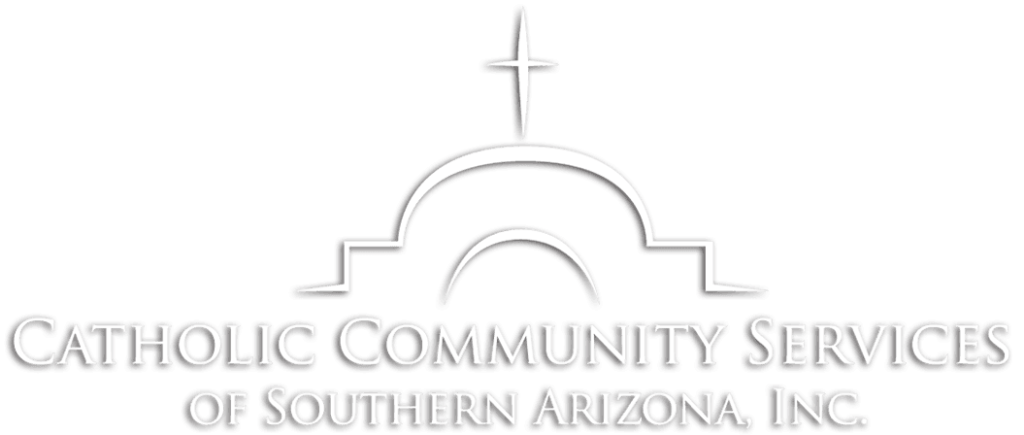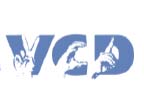About Valley Center of the Deaf
About Valley Center Of The Deaf
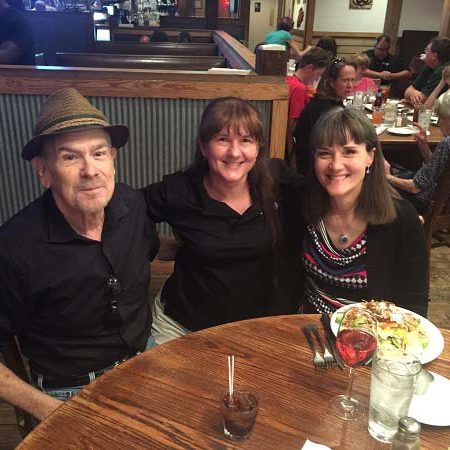
Valley Center of the Deaf (VCD) is a community-based organization that empowers Deaf and hard of hearing individuals to live independently and achieve their personal goals. VCD seeks to “fill the gaps” in the community by providing services which are not available elsewhere.
Hearing loss is a low-incidence disability that is very much unrecognized in the larger community, and those with hearing loss face formidable communication barriers which can prevent them from living and working independently. At VCD, we assist our clients in bridging the gap between the Deaf and hearing worlds. To us, every person matters. That is why we work so hard to help our clients gain self-determination in their daily lives.
We strive to provide services that are effective and accessible to our Deaf, Deaf Blind and Hard of hearing clients. Our staff members, most of whom are bilingual in English and American Sign Language (ASL), are well-prepared to respond to the needs of our clients and are well-informed about the assistance available within the community. Our services are free to Deaf, Deaf Blind and Hard of Hearing individuals.
Our History
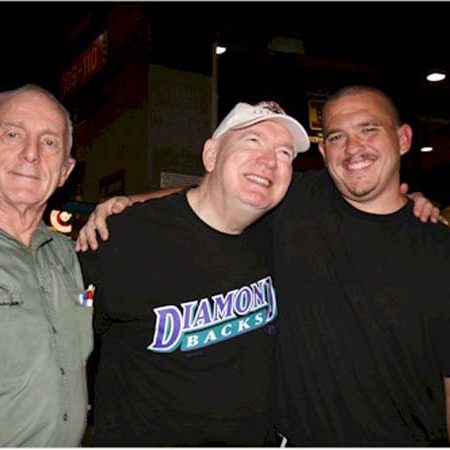
Valley Center of the Deaf was established in 1978 by members of the Phoenix area Deaf community. Our initial focus was providing vocational and interpretation services for the Deaf, but since our founding, we have expanded to provide additional services to both the Deaf and hard of hearing communities. In 1982, we joined forces with Catholic Community Services of Southern Arizona in Tucson and its Community Outreach Program for the Deaf to better provide interpreting, telephone relay, and counseling services.
From the very beginning, our strong relationships with the Deaf, Deaf Blind and Hard of Hearing communities have enabled us to discover how best we can fill their needs. We pride ourselves on returning to these communities for guidance in creating new programs and services.
VCD is directed by an advisory board comprised of Deaf individuals in the community and others who have experience and interest in Deaf and hard of hearing needs and concerns.
How Can You Help
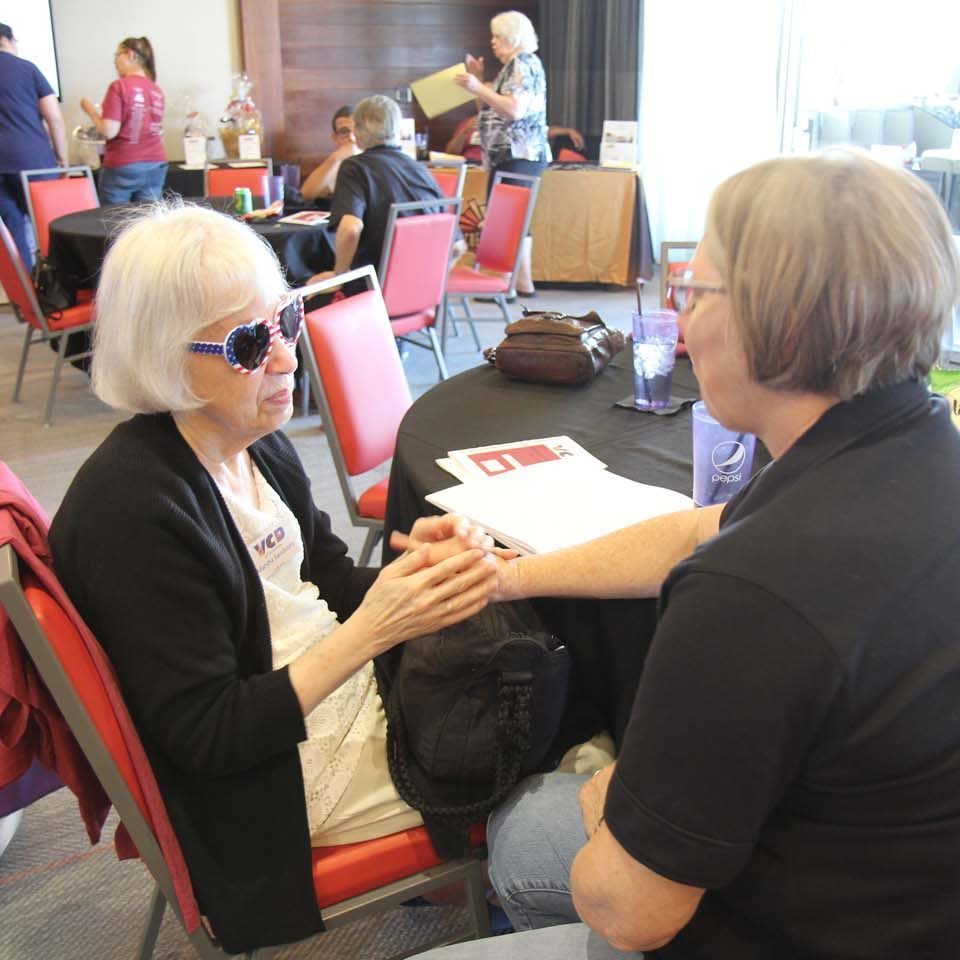
Valley Center of the Deaf is a 501(c)(3) non-profit organization and a , so all donations are tax-deductible.
Your donations of computers, video recording equipment, televisions, and cash are greatly appreciated, not only by us, but also by the people we serve.
VCD is a write-in recipient agency for United Way campaigns (code 0316).
We have a vehicle donation program. Please call 1-800-833-3006. Tell the operator that you want your vehicle to benefit Valley Center of the Deaf. Your vehicle will be towed and all paperwork for transfer of title will be provided at no cost to you.
We can assist you with a plan to include VCD in your will.
For more information about ways you can help, please call 602-267-1921.
Valley Center of the Deaf does not, in the provision of services or in any manner, discriminate on the basis of race, color, religion, sex, national origin, handicap, or familial status.

